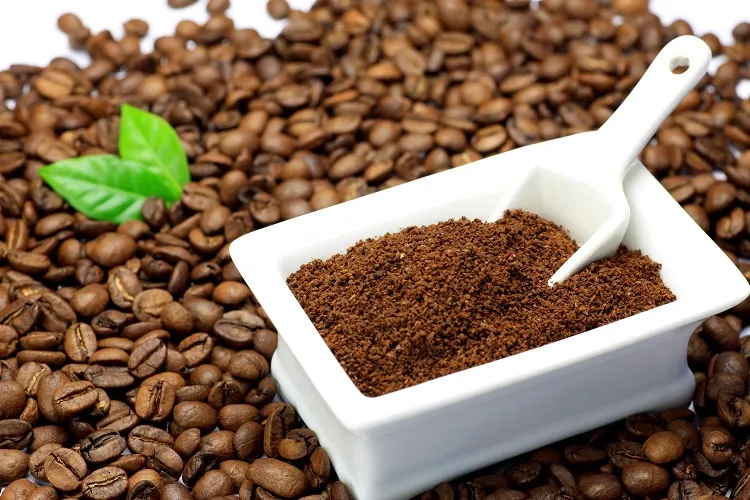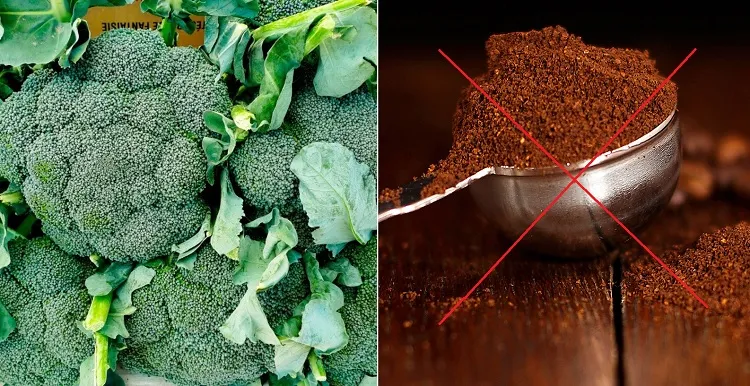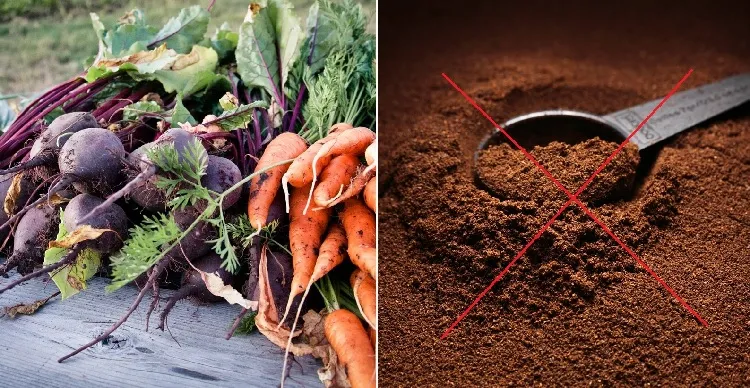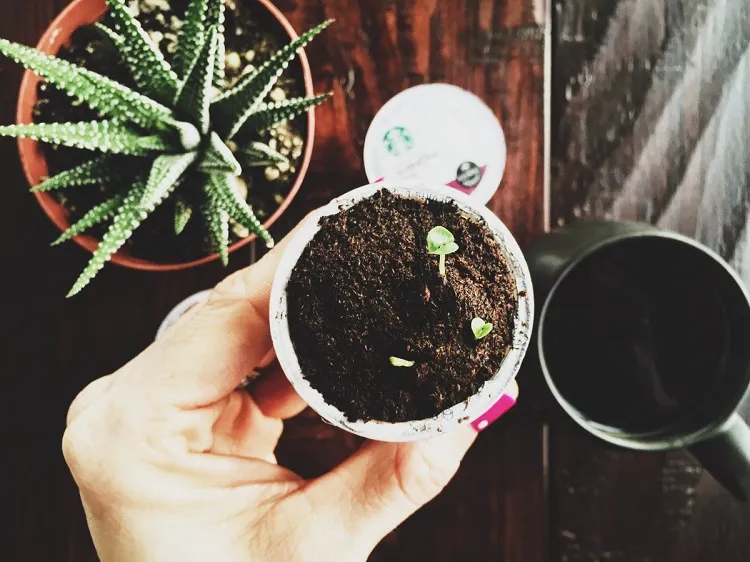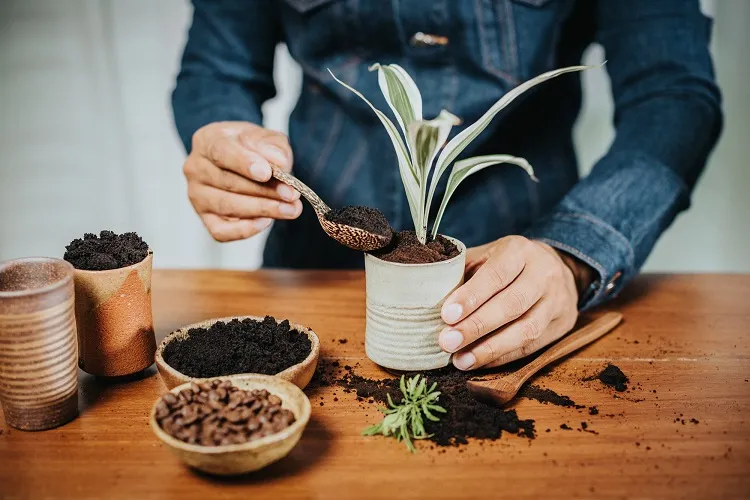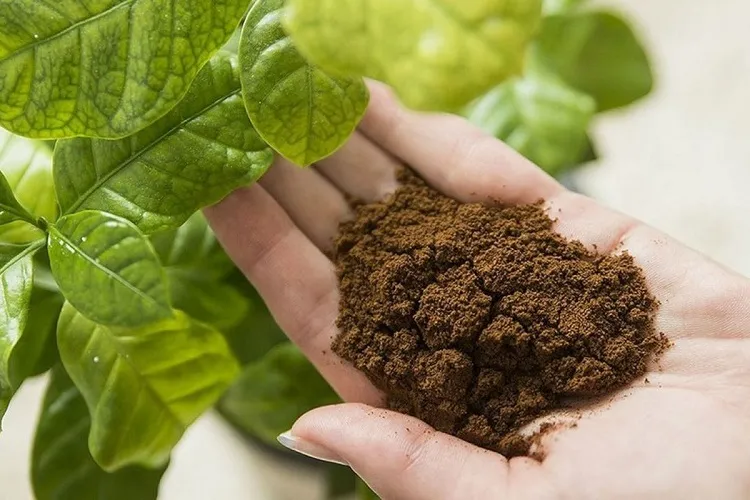Which plants do not like coffee grounds? What home plants and vegetables do not accept this soil amendment? Avoid using this fertilizer for composting!
Coffee grounds have become popular as an organic fertilizer in gardening due to their nutrient-rich composition. They are known for being a valuable source of organic matter, nitrogen, potassium, and other essential nutrients. This rich amendment can enhance soil structure, promote microbial activity, and improve nutrient availability. Despite these benefits, why are there plants that do not respond well to it? Explore the answers to this question and more on this page. Discover which vegetables and flowers react unfavorably to the addition of this natural fertilizer to their soil. Understanding which plants do not like coffee grounds is crucial for maintaining a thriving garden. Let’s delve into the topic and examine the impact of this fertilizer on plant growth. Learn more about the effects of this fertilizer on plants.
Are Coffee Grounds Harmful to Certain Plants?
Coffee grounds fertilizer can slightly acidify the soil due to its pH level, benefiting acid-loving plants like azaleas, rhododendrons, blueberries, and camellias. However, let’s discuss which plants do not appreciate it and why. The primary reason is its acidity, which, in excess, can impede the growth and nutrient absorption of many plants. Therefore, it is advisable to use it moderately as a fertilizer to prevent nutrient imbalances and maintain plant health.
Which Vegetable Plants Do Not Like Coffee Grounds?
While this invaluable fertilizer benefits most of the greenery in your garden, some vegetables do not thrive when it is added to the soil. Here are examples of vegetables that do not favor coffee grounds:
Broccoli, cabbage, and kale: Although they generally prefer slightly alkaline soil, the acidity of coffee grounds can disrupt nutrient availability and overall plant health, impacting the growth and productivity of these vegetables.
Root vegetables: Root crops like carrots, radishes, and beets typically prefer a neutral pH. The acidity of coffee grounds can hinder their growth, leading to deformed or stunted roots. Therefore, it is best to refrain from using this fertilizer around these vegetables.
Legumes and beans: These plant groups have a symbiotic relationship with nitrogen-fixing bacteria in their roots. The nitrogen-rich coffee grounds can upset this balance and inhibit the plants’ ability to uptake nutrients from the bacteria.
Which Plants Do Not Like Coffee Grounds Besides Vegetables?
Although some plants may not directly benefit from coffee grounds, they can still be valuable when composted with other organic materials to create a nutrient-rich compost suitable for various plants. Composting helps neutralize the acidity of this soil amendment, ensuring a balanced nutrient release over time. While acid-loving plants can benefit, others may not tolerate the acidity well, affecting their growth. Plants preferring neutral or alkaline soil, such as succulents, cacti, root vegetables, legumes, and cabbage, may not thrive with direct application of this nutrient-rich fertilizer. However, using it in moderation or through composting can still offer benefits to plants that do not favor direct application.
Do All Houseplants Appreciate Coffee or Not?
Houseplants have varying preferences for coffee grounds as a fertilizer. Some benefit from their nutrients and organic matter, while others may not respond favorably. Consider these points when using coffee grounds on houseplants:
African violets, ferns, and orchids: These acid-loving houseplants thrive in slightly acidic soil and can benefit from the nutrients in coffee grounds. The amendment enriches the soil and supports healthy growth for these plants.
Succulents, cacti, and spider plants: Alkaline-loving houseplants may not be ideal for coffee grounds as they prefer neutral pH levels. The acidity can disrupt nutrient uptake, hindering their development.
If a plant displays signs of stress like leaf discoloration or slow growth, it may indicate that coffee grounds are unsuitable as a fertilizer in that particular case.
Read also: Homemade Fertilizer for Indoor Plants: Make Cheap, Eco and Nutritious Food for Your Green “Pets”
Frequently Asked Questions
1. Can all plants benefit from coffee grounds as a fertilizer?
Not all plants respond positively to coffee grounds due to their acidity levels. While some acid-loving plants thrive with this amendment, others, such as succulents and root vegetables, may not appreciate direct application.
2. Why do some vegetables like broccoli and cabbage react negatively to coffee grounds?
Broccoli, cabbage, and kale prefer slightly alkaline soil, which is contrary to the acidic nature of coffee grounds. The acidity can disrupt nutrient availability, affecting the growth and productivity of these vegetables.
3. Which houseplants are suitable for coffee grounds, and which should avoid them?
Acid-loving houseplants like African violets, ferns, and orchids can benefit from coffee grounds due to their preference for slightly acidic soil. On the other hand, alkaline-loving plants like succulents and cacti may not thrive with this amendment.
4. How can I use coffee grounds effectively without harming my plants?
To prevent negative effects, use coffee grounds in moderation and consider composting them with other organic materials. Composting helps neutralize the acidity, making it suitable for a wider range of plants over time.
5. Are there any specific signs that indicate a plant is not tolerating coffee grounds?
If a plant shows signs of stress like yellowing leaves or slow growth after applying coffee grounds, it may be an indication that the plant is not responding well to this fertilizer.
6. Can coffee grounds be used as a standalone fertilizer for all plants?
Due to their acidity and nutrient composition, coffee grounds are not suitable as a standalone fertilizer for all plants. It is essential to understand each plant’s preferences and soil requirements before using coffee grounds.
7. How can coffee grounds affect soil pH and nutrient absorption in plants?
Coffee grounds can acidify the soil, which may benefit acid-loving plants but hinder others that prefer neutral or alkaline pH levels. The acidity can also impact nutrient uptake in plants, leading to nutrient imbalances if used excessively.

